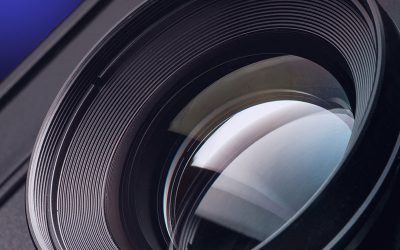Social Media Archive
How to ensure lens performance
Our technical team has written a best practice guide to provide you with useful instructions, hints and tips to assist you in getting best performance from your lenses. In order for your lens to...
Your invite to our ‘Space ready optics’ presentation
Precision optics are used in a wide variety of industrial, scientific, medical, military, and space applications. Mark Pontin, our MD, recently gave an informative ‘Space Ready Optics’ presentation...
The importance of correct lens specification.
The lens you choose controls the quality of image that’s projected onto your imaging sensor, and ultimately the quality of results your #visionsystem can produce. Image quality is a great place to...
Optics for the Nuclear industry: FAQ
Q: What does radiation resistance mean and how do optimized radiation resistant lenses maintain throughput? A: Radiation resistant, radiation tolerant, radiation hard or non-browning lenses are all...
Why choose a custom UV lens?
Unfortunately, these lenses offer almost no transmission below 380 nm. For monitoring, detection and imaging applications in the Ultraviolet (UV) waveband (200 – 400nm) this is just not good enough....
Why should I consider an athermalized lens?
As materials are heated or cooled, they will expand and contract. However, the rate at which this happens will vary from material to material. Changes in temperature can also affect the refractive...
How secure is the supply of your key optical components?
This new video addresses how we ensure the...
Space Optics – FAQ
Q: Do I need radiation tolerant lenses for my space application? A: The impact of cosmic radiation on your lens or optical system is a major consideration when designing for use in #space....
Borehole inspection improved by Fisheye lens
In the oil exploration industry - using camera or video inspection technology to undertake surveys pre and post treatment are vital parts of any maintenance programme. This is because they allow...









